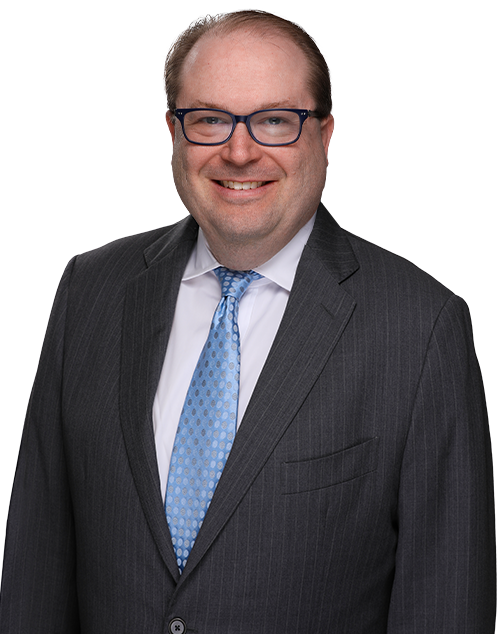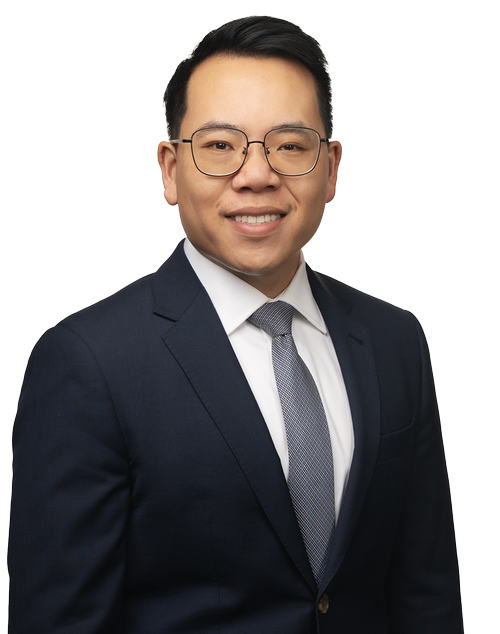Practices
The Ninth Circuit adopted Horvitz & Levy’s argument that a pro se plaintiff who was previously represented by pro bono counsel during parts of her case could recover attorneys’ fees under 42 U.S.C. § 1988 even though she was unrepresented at her damages trial.
For the second time in the same civil rights case, the Ninth Circuit appointed Horvitz & Levy to file pro bono amicus briefing in support of a pro se appellant. In both appeals, the Ninth Circuit adopted Horvitz & Levy’s arguments in full and reversed the district court.
Lecia Shorter, a former pretrial detainee, sued the detention facility under 42 U.S.C. § 1983 for violations of her constitutional rights. Sheriff’s deputies subjected Shorter to a strip-search policy that involved chaining Shorter without clothing to the door of her cell while deputies checked her clothing and body cavities for contraband. On three occasions, deputies left Shorter chained to her cell door without clothing for extended periods after they decided she was not complying with the search process. In addition, Shorter received only three showers throughout 32 days in custody.
In 2021, Horvitz & Levy persuaded the Ninth Circuit that Shorter was entitled to judgment as a matter of law on her excessive search claim and her claim based on denial of showers. On remand, the jury awarded Shorter $10,000. When Shorter claimed that she was entitled to seek attorneys’ fees, the district court denied her request because she proceeded pro se during the damages trial after she ended her relationship with her attorneys in 2019.
On appeal, Horvitz & Levy argued that the district court erred because a prevailing party could recover attorneys’ fees under 42 U.S.C. § 1988 even though she was not represented by counsel during the entirety of the litigation. We argued that a prevailing party in a civil rights action may recover attorneys’ fees even if she is not personally liable for them. Moreover, an attorney is not required to represent a client from start to finish to be eligible for attorneys’ fees. Thus, the fact that Shorter was represented on a pro bono basis for only a portion of the litigation does not disqualify her from seeking attorneys’ fees. The Ninth Circuit reversed the district court, giving Shorter an opportunity to obtain a fees award on remand.




